Fitness in Tennis: Why It's the Game-Changer You Need to Perform on the Court
If you're a tennis fan or a budding player, you know the excitement of a perfect serve or the thrill of a match-point rally. While skill and strategy are undeniably crucial, what often goes unnoticed is the role of fitness. Tennis legends like Serena Williams and Rafael Nadal have one thing in common: a relentless focus on fitness. So let's break down why you should be paying more attention to your physical conditioning.
1. Building Core and Upper Body Strength: More than Just Gym Time
Strength isn't just about lifting heavy weights; it's also about functional fitness. For a tennis player, upper body strength is vital for powerful serves and effective volleys. Even your forearm strength plays a role in controlling those intricate drop shots. Diversifying your strength training regimen with exercises like kettlebell swings, dumbbell presses, and even Pilates can offer holistic benefits. Training for strength is a long-term commitment, but the payoffs are exponential.

2. Agility and Speed: The Unsung Heroes of Court Dominance
In tennis, you're often sprinting, stopping, pivoting, and lunging within a matter of seconds. Agility is crucial to react quickly to your opponent's shots and position yourself advantageously. Speed, too, plays a pivotal role in reaching those far-off balls for a rally-saving return. Incorporate ladder drills, cone drills, and even dance routines to improve your footwork and agility. Remember, your legs are your best friends on the court!
3. Endurance: The Stamina to Outlast Your Opponent
You might remember epic five-setters like the Wimbledon 2008 final between Nadal and Federer, which tested not just skill, but extreme physical and mental endurance. Cardiovascular health is essential for maintaining your energy levels throughout long rallies and even longer matches. Interval training, long-distance jogging, and swimming are all effective ways to build endurance. It's not just about cardio, though; muscle endurance is equally critical, so don't skip those leg day workouts!

4. Nutrition for Tennis: The Overlooked Element of Tennis Fitness
What you eat directly affects how you perform. The days leading up to a match should see a diet rich in complex carbohydrates, lean proteins, and plenty of fruits and vegetables. Hydration is another often-overlooked aspect; a well-hydrated player can maintain focus and stamina much better than someone who isn't. Electrolyte-balanced drinks can help in this regard. For long matches, energy gels or banana slices can offer a quick energy boost. Remember, food is fuel, so choose wisely.
5. Recovery: More Than Just Rest Days
Imagine running a marathon without any prior training. That's what a grueling tennis match can feel like if you don't prioritize recovery. Muscle relaxation techniques, adequate sleep, and hydration play a role in how fast your body recovers. Cold water immersion and foam rolling are proven methods to expedite muscle recovery. Active rest, like light swimming or yoga, can also help in quicker recovery while keeping the body engaged.
6. Mental Fitness in Tennis: The Game Within the Game
While physical fitness is tangible and measurable, mental fitness in tennis is often harder to quantify. Yet, it's equally crucial. Simple breathing exercises can improve focus and reduce match-time stress. Visualization techniques can prepare your mind for different game scenarios. Setting achievable, incremental goals can motivate you to improve continuously. Even off-court, activities like chess or Sudoku can help in strategic thinking, which translates to better in-game decision-making.
Conclusion: Making Fitness Your Secret Weapon in Tennis
It's no secret that tennis is a physically demanding sport that tests your limits in more ways than one. If you're serious about improving your game, start focusing on your fitness now. A dedicated, well-rounded fitness regimen can elevate your game and might just be the key to outlasting your opponent in those high-stakes matches.
Disclaimer
Please note that the fitness techniques and tips discussed in this article are provided for informational purposes only. Always consult with a healthcare provider, certified fitness trainer, or professional tennis coach before beginning any new fitness regimen or making significant changes to your existing routine.


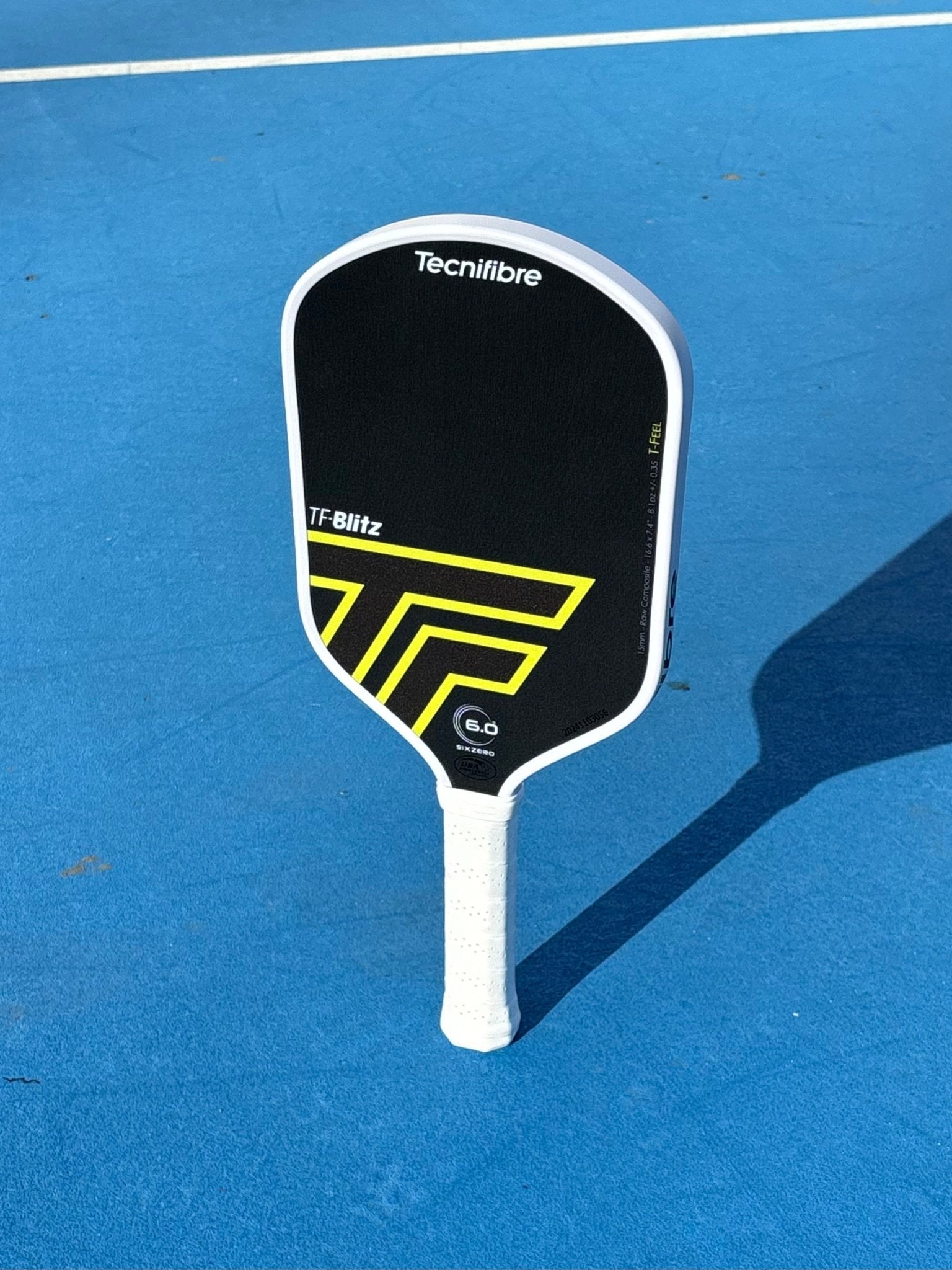
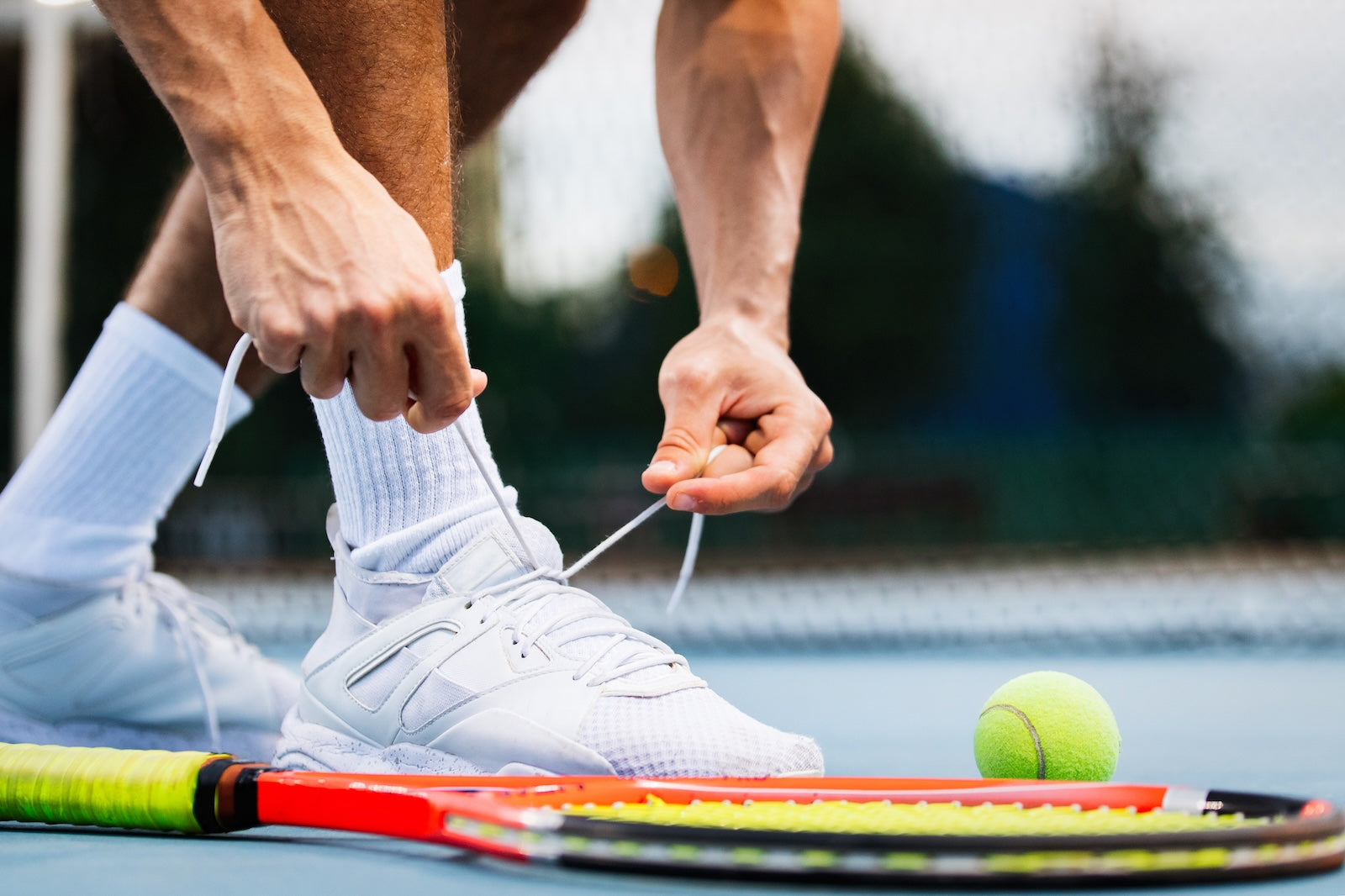
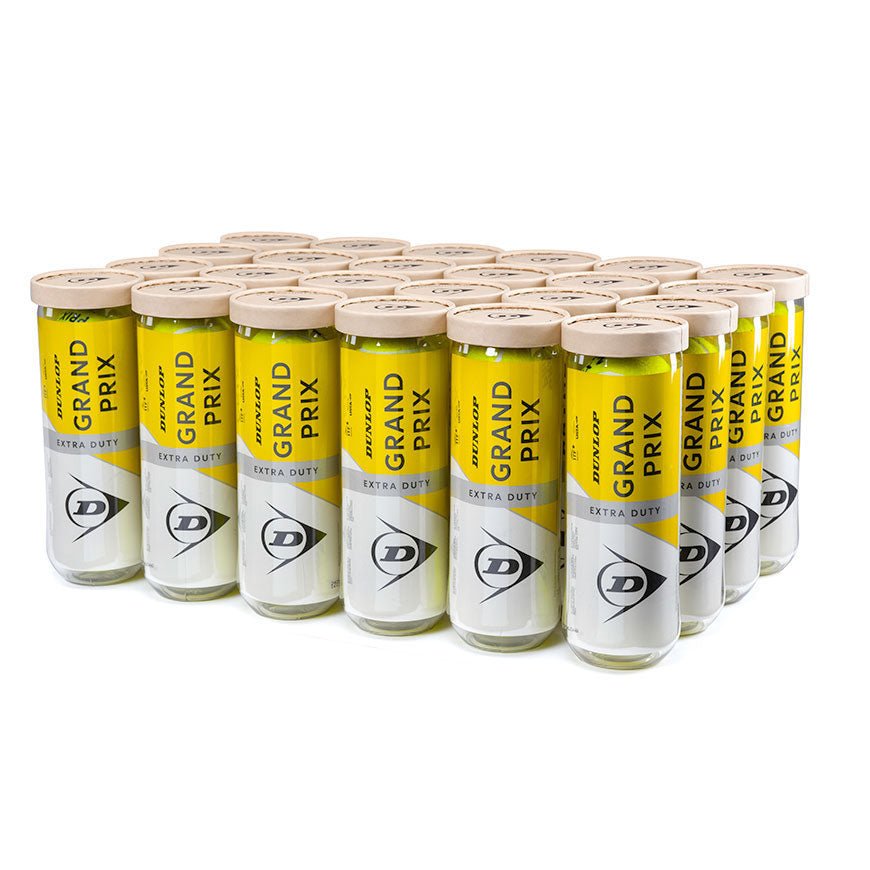
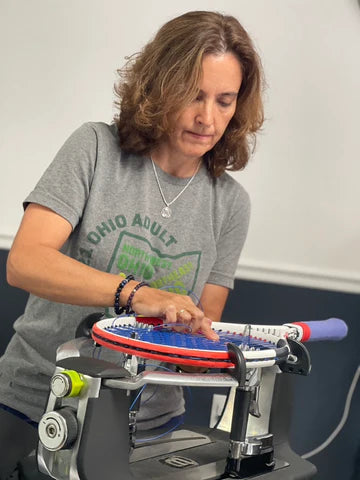
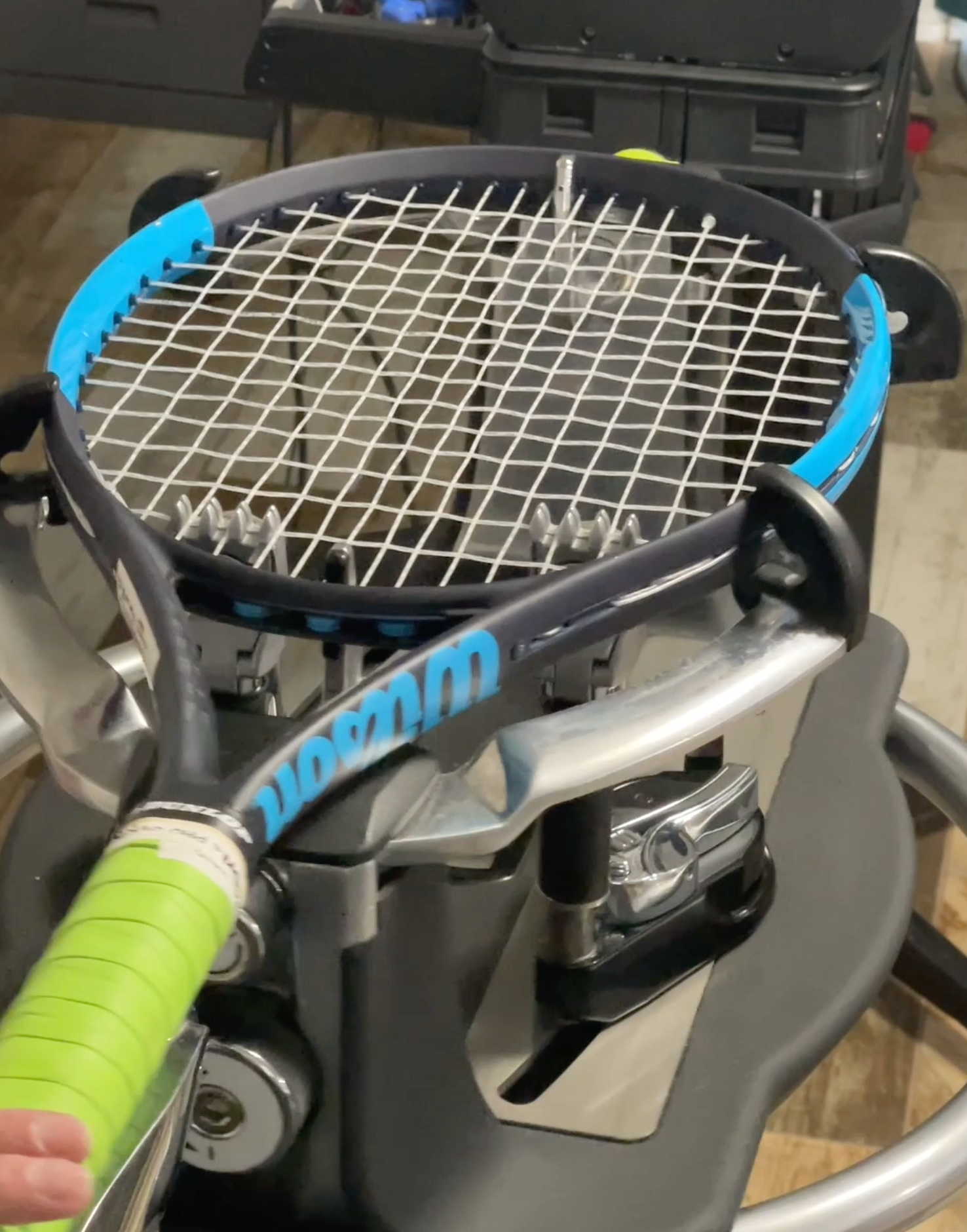

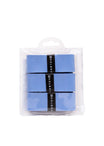
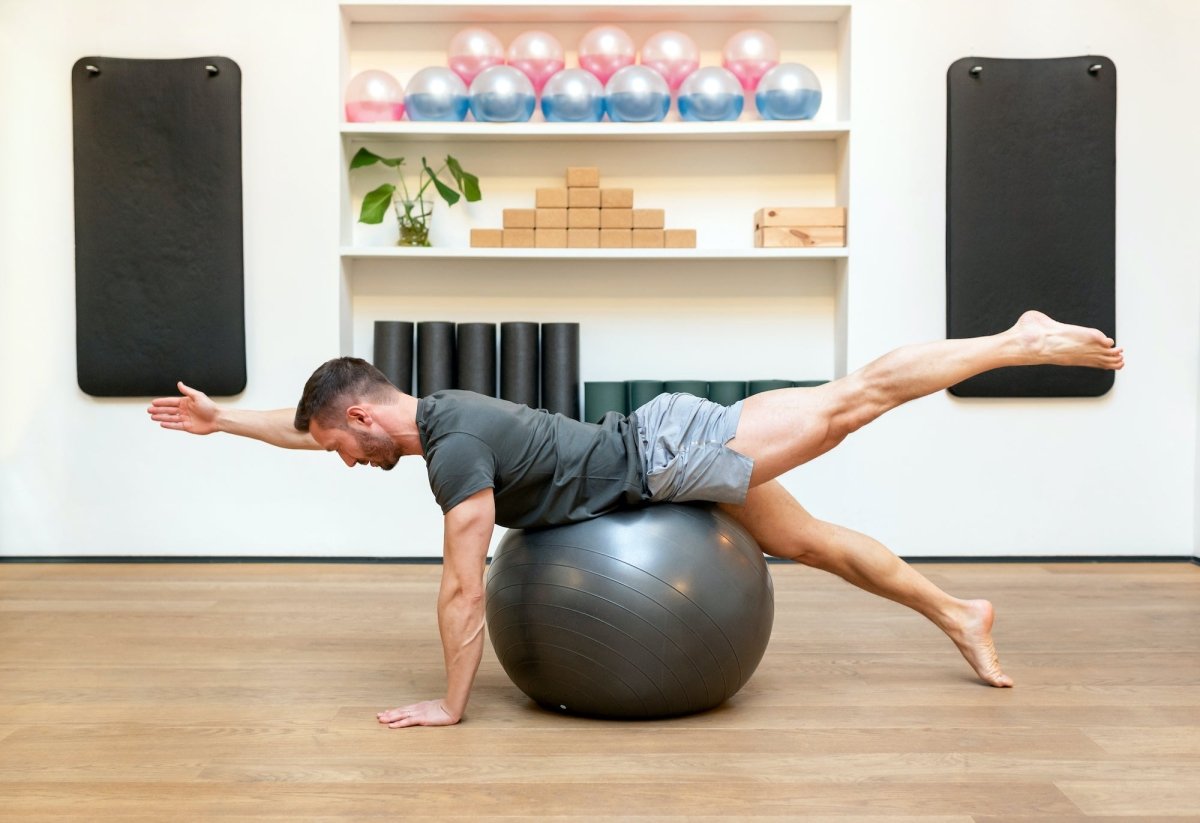
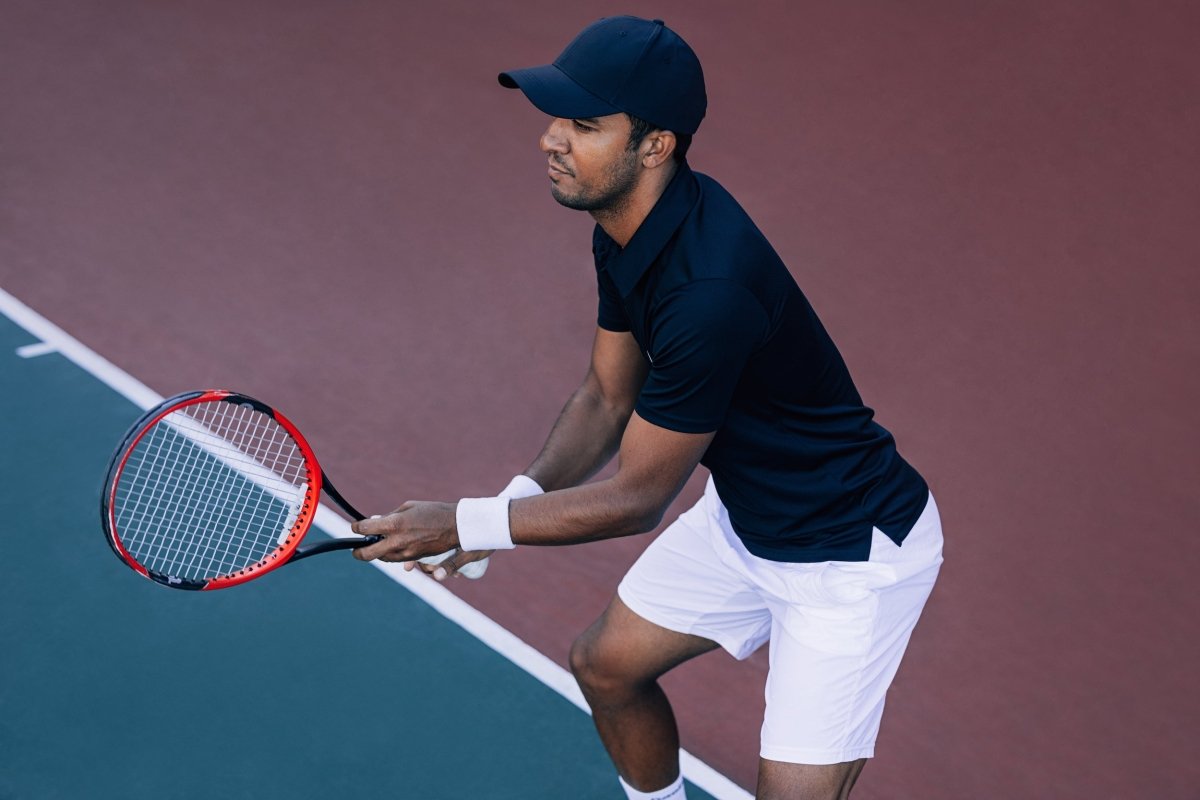

Leave a comment
All comments are moderated before being published.
This site is protected by hCaptcha and the hCaptcha Privacy Policy and Terms of Service apply.